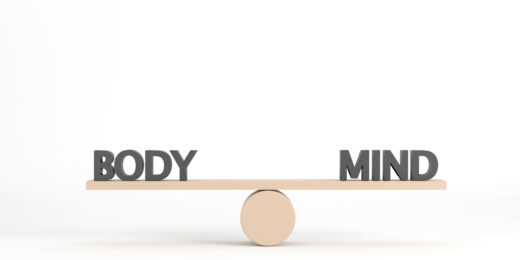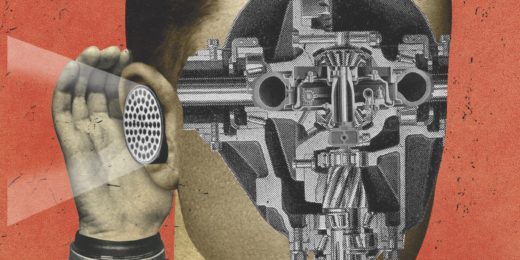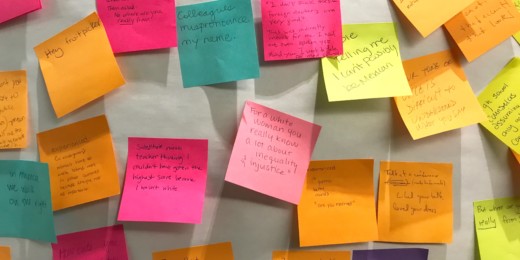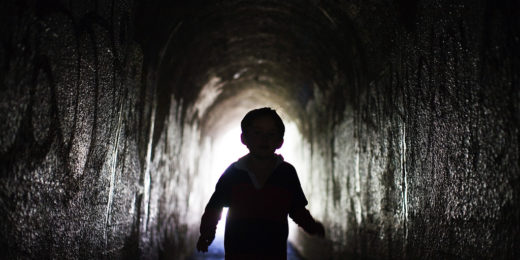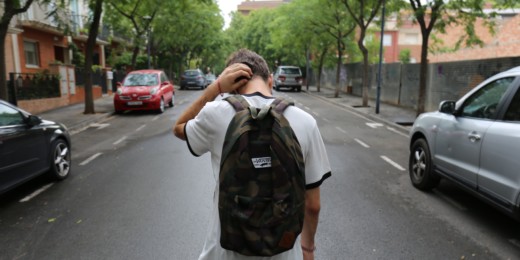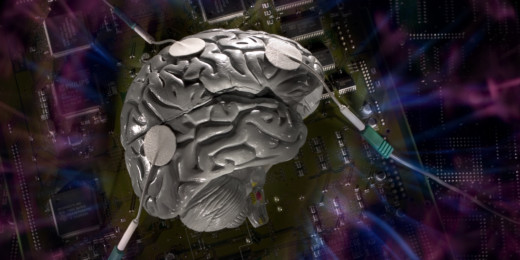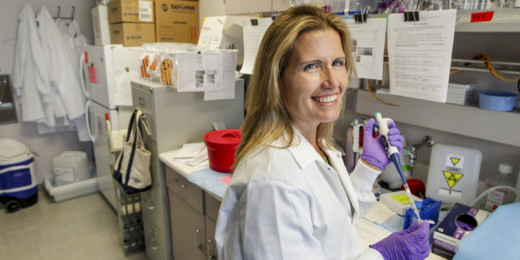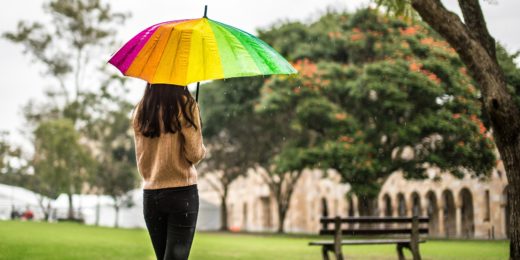New Stanford research is clarifying the powerful role played by the mind in pain, health, social settings, education and more.
Category: Psychiatry & Mental Health
A look at intelligent listening technologies from Stanford Medicine
Researchers are using AI listening technologies to improve mental-health, diagnose autism and discover adverse drug reactions.
Microaggressions in medical training: Understanding, and addressing, the problem
As a third-year medical student, Luisa Valenzuela Riveros, MD, was eager to begin participating in hospital rounds. But, as she told the audience at a Diversity and Inclusion Forum held Friday at Lucile Packard Children’s Hospital Stanford, one of her early case presentations didn’t go at all as she had hoped.
Hormone levels in fluid around brain could be an autism biomarker
Vasopressin levels are low in the cerebrospinal fluid of less-social rhesus monkeys and in people with autism, the study found. The discovery suggests that it may be possible to design a lab test to identify autism in kids.
Stanford team tests sleep monitoring for asthma patients
Ask a child with asthma how easily he or she can breathe, and you won’t get an objective answer. But where Q&A fails, technology can take over, according to a team of Stanford researchers who are developing a way to predict asthma attacks in advance.
Overcoming cultural barriers to youth mental health access
An upcoming Stanford conference will focus on bridging cultural and generational divides to better address youth mental health needs.
On caring for suicidal patients: A psychiatrist reflects
Stanford psychiatry resident Nathaniel Morris describes what it’s like to treat patients in the hospital after an attempted suicide.
Obesity and depression connected in kids’ brains, Stanford study finds
Childhood obesity and depression appear linked in the brains of children and teens with both conditions, according to new Stanford research.
Advice on how to cope with the threat of school shootings
Stanford psychiatry professor for gives advice on how to cope with the new normal of school lockdown and active-shooter drills.
New Stanford center focuses on precision mental health
With the newly-established Center for Precision Mental Health and Wellness at Stanford, Leanne Williams plans to deepen and broaden her research connecting brain function and mental health and bring those discoveries to patients.
Stanford researcher making strides toward understanding autism
Inspired by family members to pursue a science career, Stanford's Karen Parker is working to better understand the biological basis of social functioning as related to autism.
Mindfulness and emotional awareness can improve your work experience, Stanford researcher says
Paying attention to your emotions at work can improve your job experience and performance, says mindfulness expert Leah Weiss.
Put well-being first, Arianna Huffington urges Stanford Medicine community
Using data and storytelling, Arianna Huffington is working encourage a cultural shift toward health and wellness, she explained at a conversation with Dean Lloyd Minor on campus.
Think your job is killing you? You might be right, Stanford business professor explains
Stanford Graduate School of Business Professor Jeffrey Pfeffer discusses in his new book, "Dying for a Paycheck," how stress from work is a major health problem.
Depression in reproductive-age women is relatively common and undertreated, new research suggests
Stanford research shows that nearly one in 20 reproductive-age women have depression and less than one-third are taking antidepressants.
Beyond good/bad: Stanford researcher aims to refine our understanding of sleep
Stanford sleep specialist Jamie Zeitzer discusses how we monitor, and could monitor, sleep in the 21st century.


